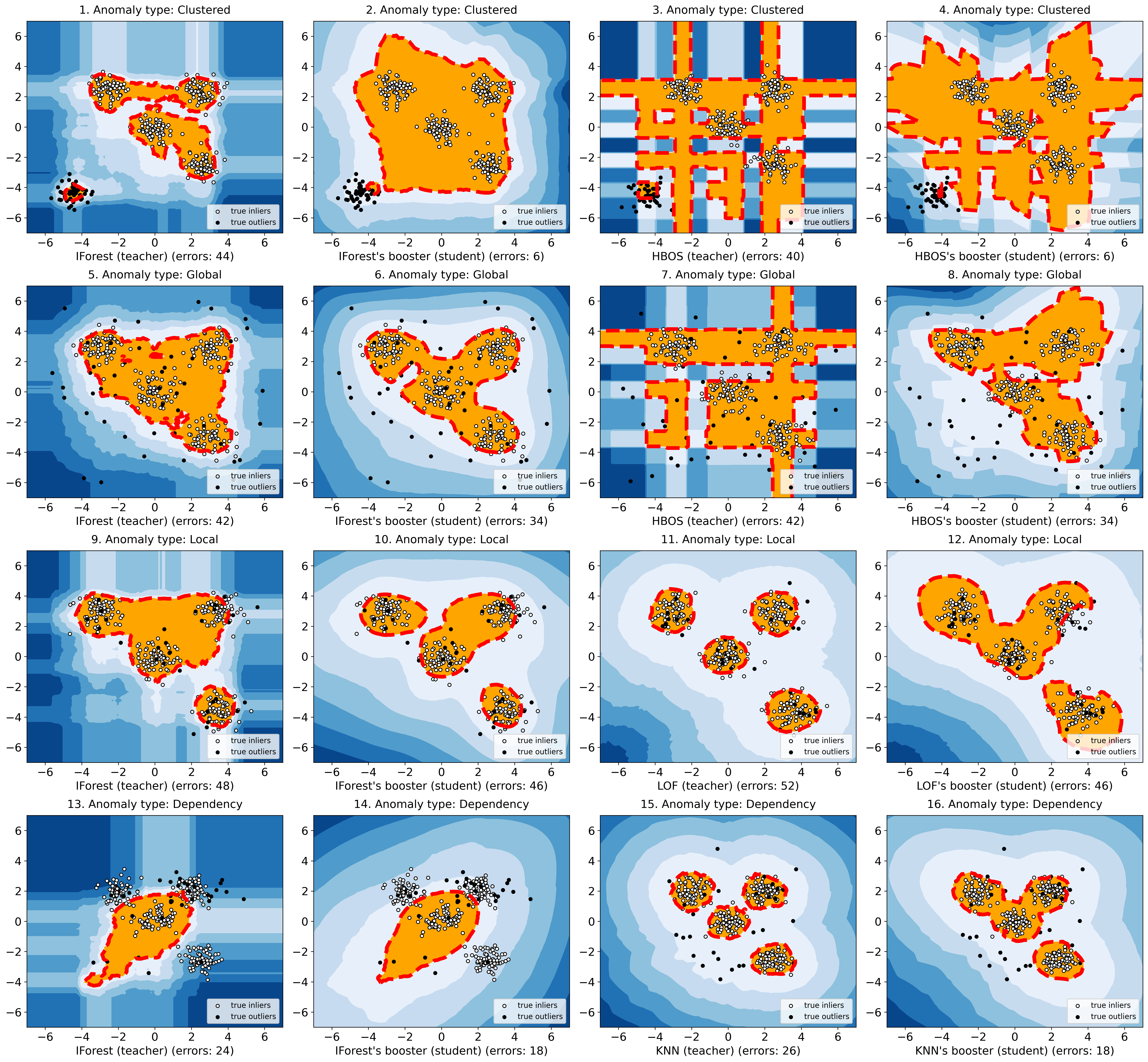COPOD: Copula-Based Outlier Detection
Outlier detection refers to the identification of rare items that are deviant from the general data distribution. Existing approaches suffer from high computational complexity, low predictive capability, and limited interpretability. As a remedy, we present a novel outlier detection algorithm called COPOD, which is inspired by copulas for modeling multivariate data distribution. COPOD first constructs an empirical copula, and then uses it to predict tail probabilities of each given data point to determine its level of "extremeness". Intuitively, we think of this as calculating an anomalous p-value. This makes COPOD both parameter-free, highly interpretable, and computationally efficient. In this work, we make three key contributions, 1) propose a novel, parameter-free outlier detection algorithm with both great performance and interpretability, 2) perform extensive experiments on 30 benchmark datasets to show that COPOD outperforms in most cases and is also one of the fastest algorithms, and 3) release an easy-to-use Python implementation for reproducibility.
PDF Abstract

